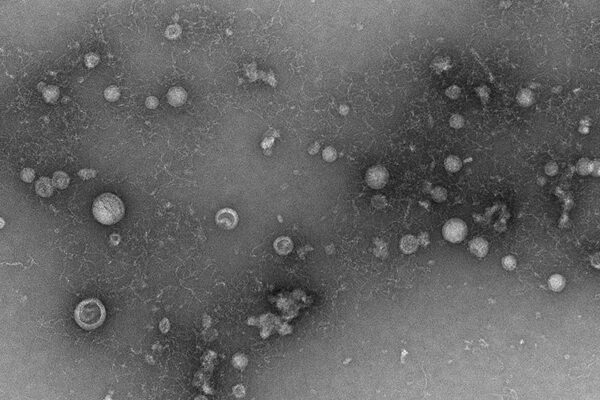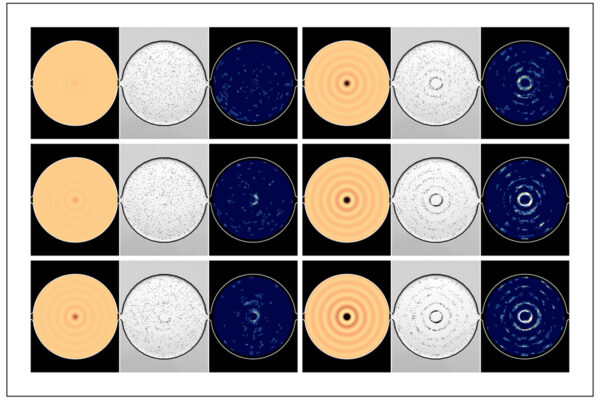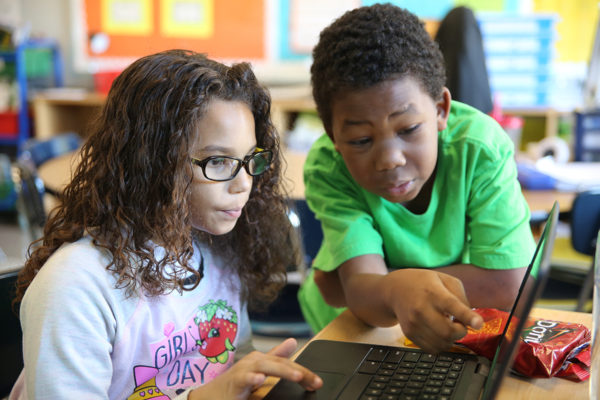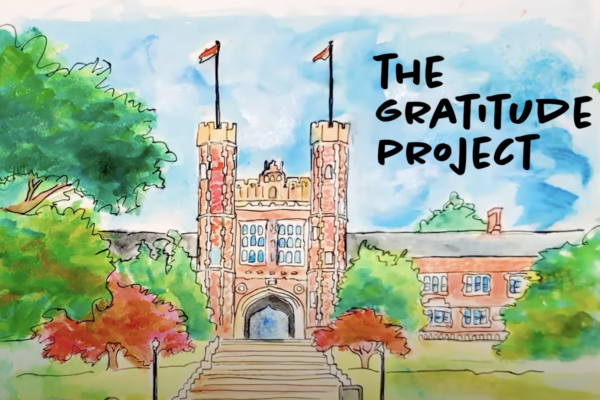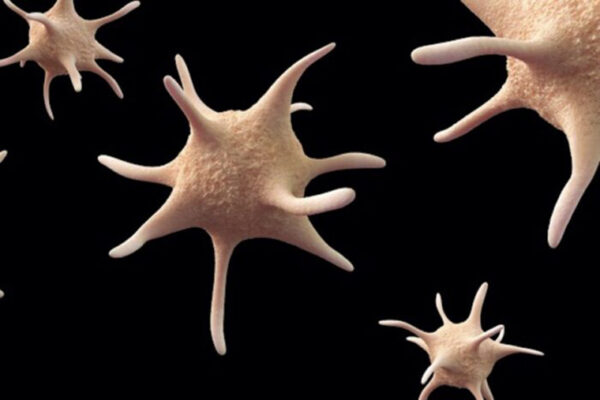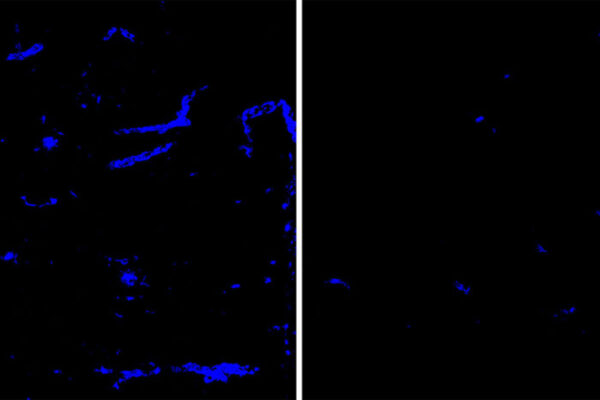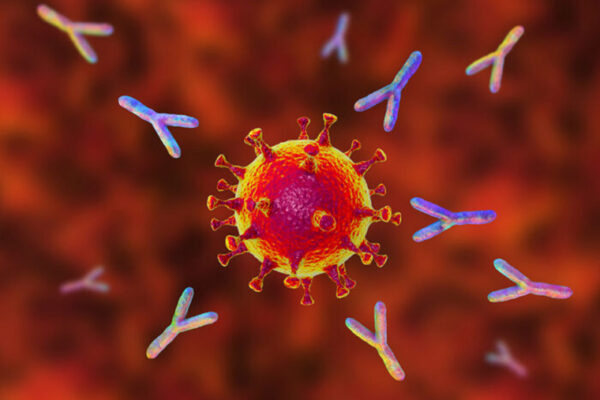New ‘Musical Lunch Box’ event Feb. 26
Six students from the Department of Music in Arts & Sciences will perform works by Beethoven, Debussy, Chopin, Schumann and Liszt at noon Friday, Feb. 26, as part of the department’s new “Musical Lunch Box” series. Intended to simulate the live concert experience, the performance will be filmed in a single take from the 560 Music Center’s E. Desmond Lee stage.
New strategy blocks chronic lung disease in mice
A new study from Washington University School of Medicine in St. Louis has uncovered a previously unknown role for exosomes in inflammatory respiratory diseases. The study has implications for finding new therapies.
Trust your gut: A healthy sense of disgust can prevent sickness
New research, published in the Proceedings of the National Academy of Sciences Feb. 15, suggests that disgust could be the body’s way of helping people avoid infection.
Fine-tuning device performance with swarms of swimming cells
J. Mark Meacham’s lab in the McKelvey School of Engineering uses motile algae cells to measure performance of high-tech microfluidic devices.
Institute for School Partnership finds new ways to be ‘in St. Louis, for St. Louis’
A dynamic hire, new strategic plan will help ISP forward the university’s mission of educational access in the St. Louis region.
The Gratitude Project debuts
COVID-19 is the worst. Tim Bono, campus happiness expert, won’t pretend otherwise. But to protect our mental and physical health, it’s vital to celebrate small kindnesses and pieces of good news. “The Gratitude Project,” a new video series, highlights faculty, staff and students rising up for the greater good.
What GameStop can teach us about lottery-like short squeezes
Although brick-and-mortar companies like GameStop and AMC Theaters have given investors reason to count them out of stock market success, a huge surge via a “short squeeze” was both predicted and expected in recent research by an expert at Washington University in St. Louis.
For bleeding patients, can cold storage of platelets improve blood clotting?
Researchers at Washington University School of Medicine and the University of Minnesota Medical School are leading a large, multicenter study to find out whether maintaining platelets in cold storage is as effective in reducing blood loss as platelets stored at room temperature.
Protein linked to Alzheimer’s, strokes cleared from brain blood vessels
Researchers at the School of Medicine have identified an antibody that, in mice, removes amyloid plaques from brain tissue and blood vessels without increasing the risk of brain bleeds.
Antibody-based COVID-19 treatments work best in concert with immune cells
Researchers at the School of Medicine have discovered that the ability to interact with other elements of the immune system is an indispensable part of the effectiveness of monoclonal antibodies. The findings could help improve the design of the next generation of COVID-19 drugs.
View More Stories

